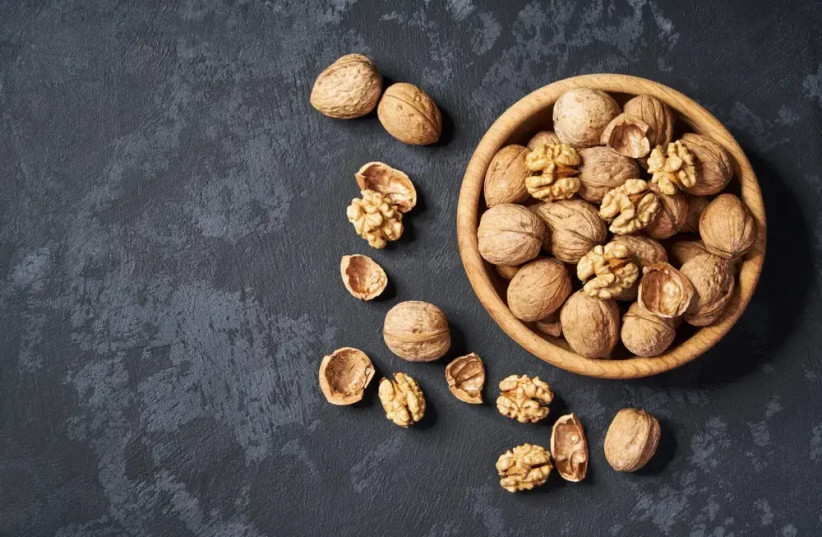ByWALLA! HEALTH
They’re available to all of us, yet we don’t eat enough of them. So what is the tasty and healthy snack that keeps the brain sharp?
During a simple afternoon routine in his clinic, Dr. Saurabh Sethi, a board-certified gastroenterologist with a master’s degree in public health from the University of Texas, shared that he eats a handful of unsalted nuts every day, according to a video he posted on Instagram. According to him, studies show that consuming about 30 grams of nuts daily may reduce the risk of all types of dementia by 17% compared to people who don’t consume nuts at all.
How do nuts help?
Nuts are rich in unsaturated fatty acids, antioxidants, and fiber — all of which contribute to brain health and digestive health.
Walnuts, in particular, are considered a superfood for the brain. They contain, among other things, alpha-linolenic acid (ALA), which is associated with improved memory and brain function.
A large study from UK Biobank found that daily consumption of nuts (up to a handful of about 30 grams) was associated with a 12–16% lower risk of dementia.
Additional studies indicate that replacing red and processed meat with nuts or legumes may reduce the risk of dementia by about 20% or even more.
Dr. Sethi emphasizes that although the snack is simple, it’s not a “miracle cure” — the effect is greater when combined with a balanced diet and healthy lifestyle habits: Varied nutrition, physical activity, sufficient sleep, and avoidance of harmful habits.
He adds: A handful of nuts a day, without salt, can be the beginning of a meaningful intervention to prevent dementia, especially in older adults.
How to include it in your routine
Choose a pack of mixed nuts (such as walnuts, cashews, pistachios, Brazil nuts) — look for an unsalted version.
Try to eat about 30 grams (a handful) per day — for example, at lunchtime or as a snack between meals.
Remember: This is not a substitute for a healthy diet. It’s important to also maintain fruits, vegetables, and whole grains in your meals and engage in regular physical activity.
If you have a nut allergy, kidney problems, or other medical restrictions — it’s advisable to consult a doctor before making dietary changes.
In conclusion: Adding a daily handful of nuts to your diet may be a simple yet significant step in reducing the risk of dementia. It doesn’t solve everything, of course, but combined with healthy habits, it can greatly contribute to brain health.













